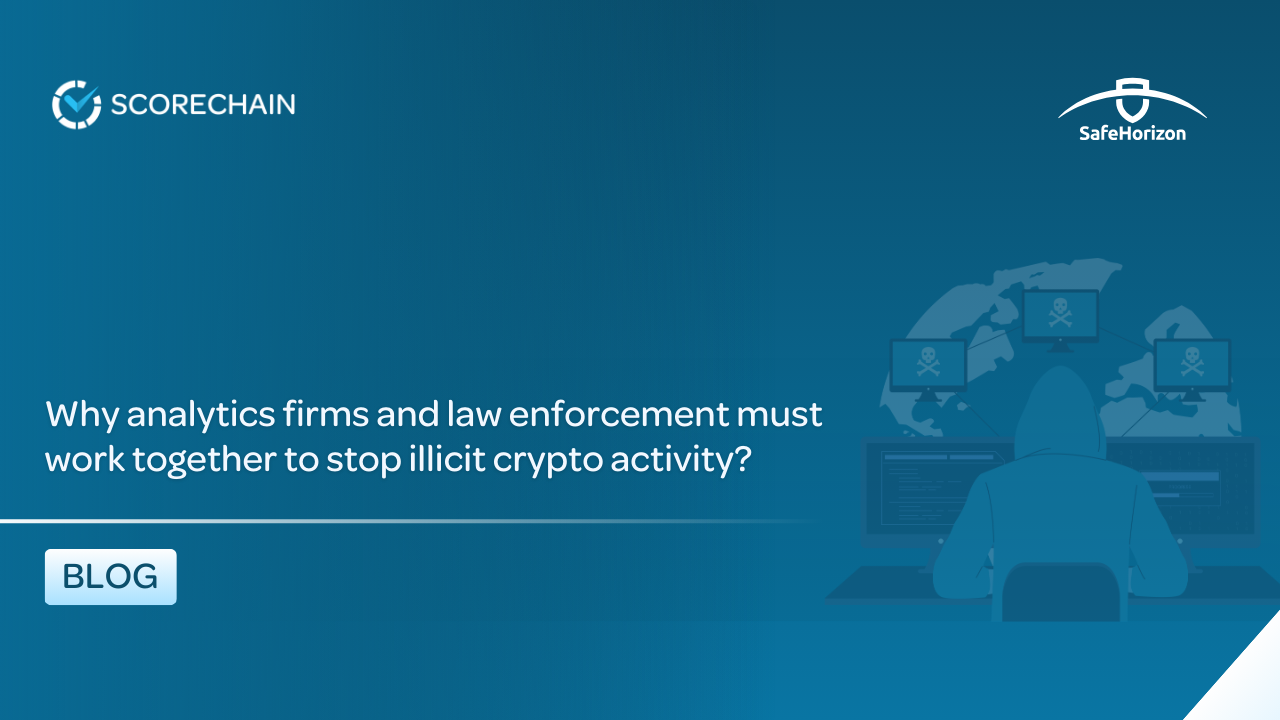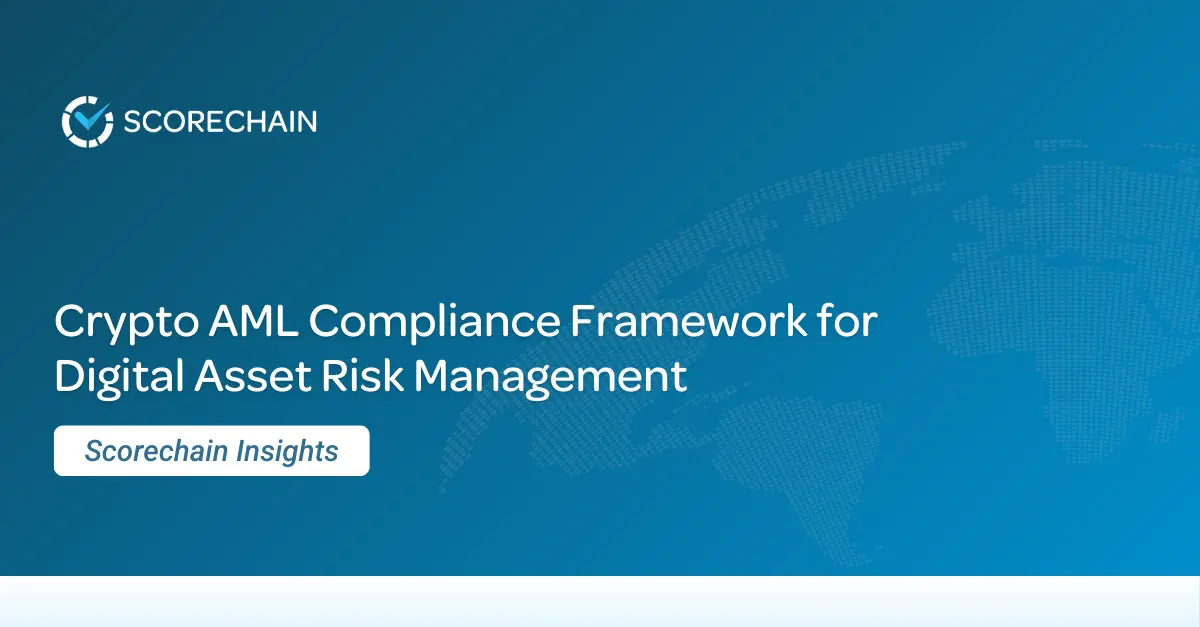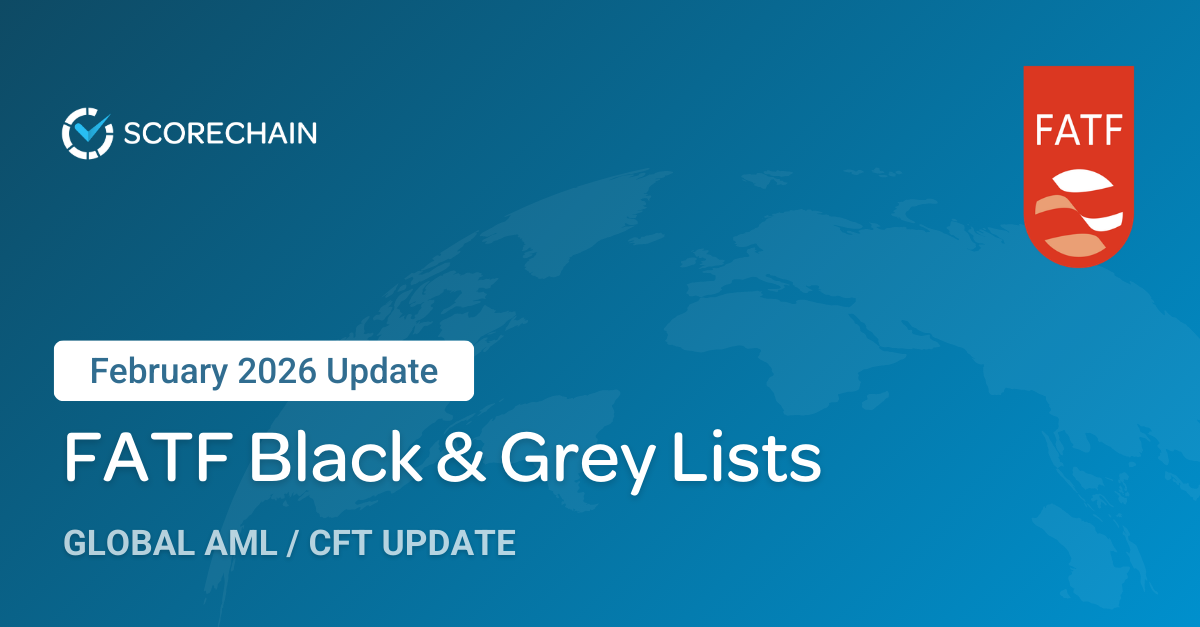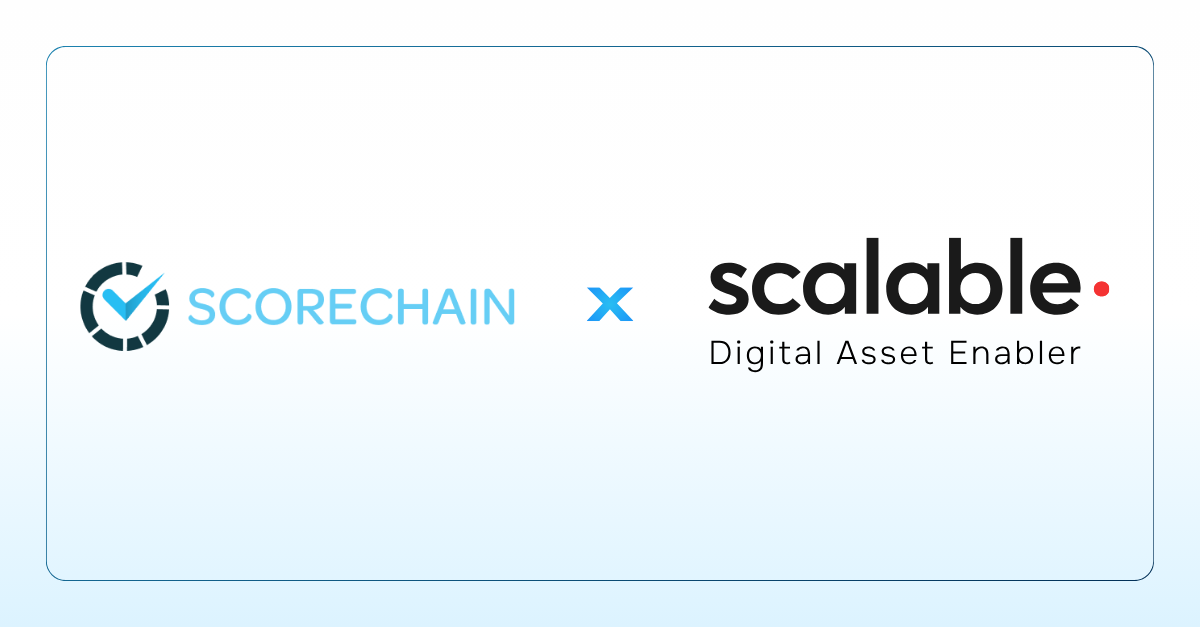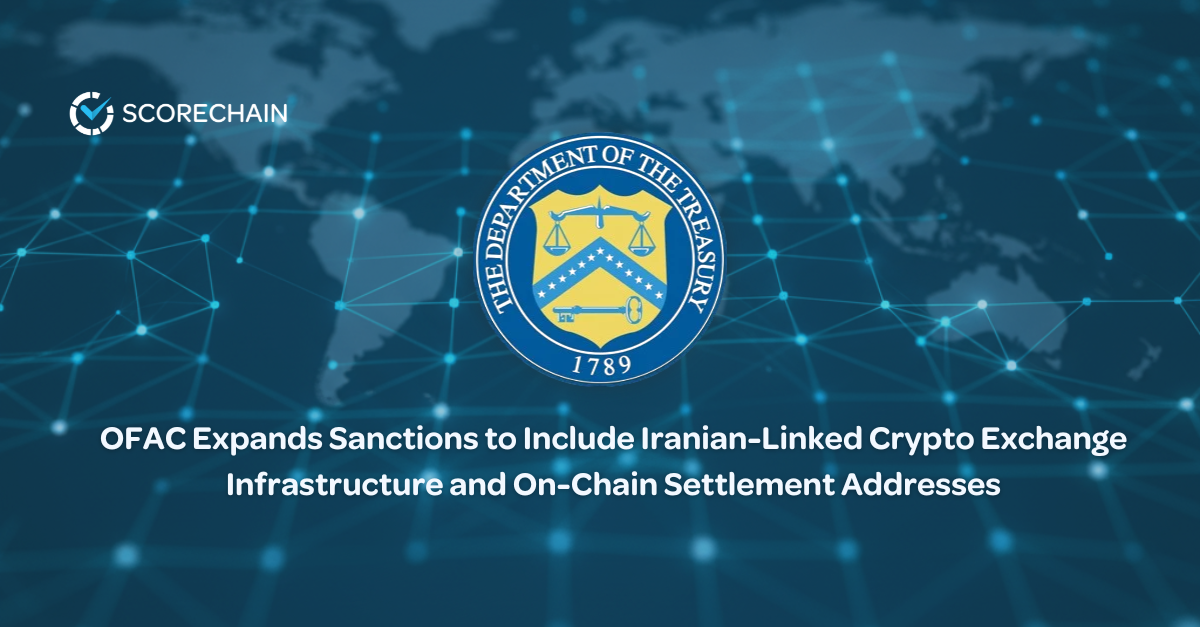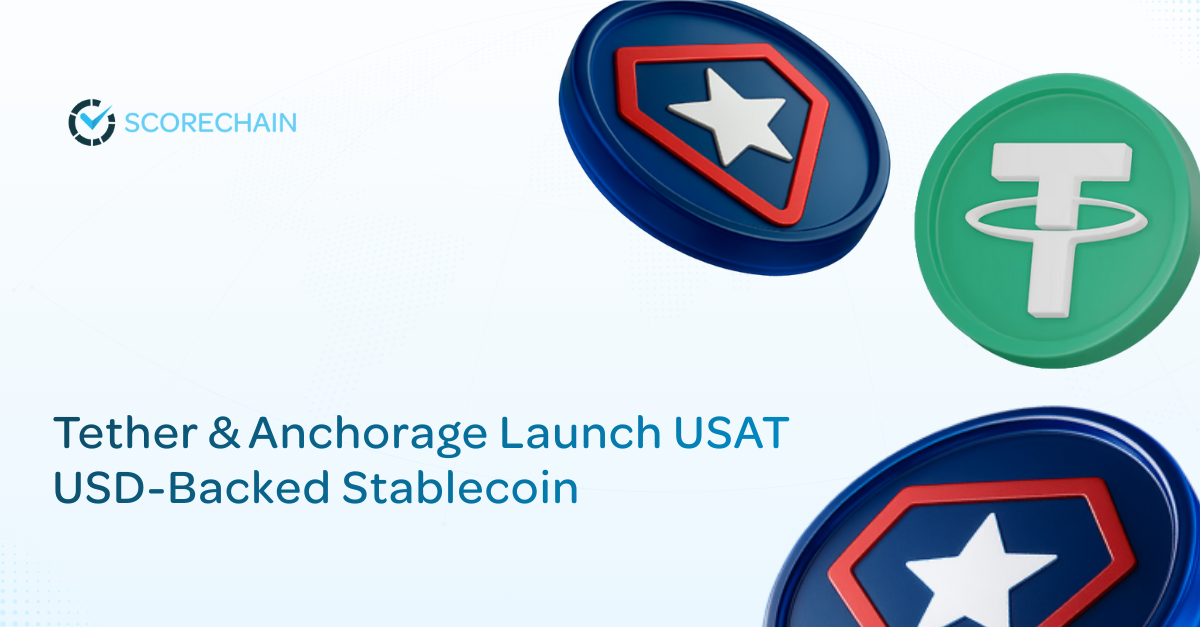Key takeaways:
- The Philippines Central Bank has issued on Jan. 25 2021 new guidelines for the crypto industry to prevent money laundering
- The guidelines expand the current virtual currency exchange (VCE) regulations to new crypto-related activities.
- It will come into effect 15 days after being published in the Official Gazette.
- VASPs will have 6 months after the circular comes into effect to comply with the requirements.
The Philippines Central Bank - Bangko Sentral ng Pilipinas (BSP) - has issued new guidelines for virtual asset service providers (VASPs). According to the BSP’s press release, the guidelines are “in line with the thrust of the Bangko Sentral to promote financial innovation while remaining sensitive to the attendant risks”1.
The guidelines aiming at preventing money laundering (ML) and terrorist financing (TF) are based on the Financial Action Task Force (FATF) recommendations.
The guidelines will amend the existing virtual currency exchange (VCE) regulations and include VASPs in Section 902-N of the Manual of Regulations for Non-Bank Financial Institutions (MORNBFI). It will also bring VASPs under the scope of AML, CFT, and PF2 (proliferation financing) rules.
The guidelines define VASPs as entities facilitating the transfer of virtual assets and conducting one of the following activities:
- Exchanging between virtual assets and fiat currencies;
- Exchanging between one or more forms of virtual assets;
- Transferring of virtual assets;
- Safekeeping and/or administration of virtual assets or instruments enabling control over virtual assets
Licensing requirements
The new guidelines include VASPs in the current money service business (MSB) licensing requirements. VASPs will be required to apply for a license - referred to as a Certificate of Authority (COA) in the guidance - in order to operate as an MSB. The concerned entities must apply for a license no later than 3 months after the notice takes effect. After application, the entities can continue their business operations.
3 steps to apply for a license
To apply for a license, VASPs will have to follow 3 steps below3:
- Apply for BSP approval to establish and operate as an MSB
- Apply for “issuance of Letter of No Objection to register with the Securities and Exchange Commission (SEC) or Cooperative Development Authority (CDA) the Articles of Partnership (AOP) or Articles of Incorporation (AOI) or Articles of Cooperation (AOC), respectively, and By-Laws (BL) or amendments indicating its purpose to operate as MSB operator”
- Apply for the issuance of Certificate of Authority (COA) to operate as an MSB
Due diligence requirements
Besides, VASPs will be required to conduct their own customer due diligence (CDD) when they:
- Establish a business relationship with a customer;
- Undertake relevant4 business transactions for a customer who has not established business relation with the VASP;
- Suspect money laundering or terrorist financing;
- Doubt about the veracity of customer identification
Due diligence data must be kept for a period of 5 years and provided to government agencies when necessary.
For a virtual asset transfer, the required information will be:
- The sender’s name;
- The sender’s account number used for the transaction;
- The sender’s identity information (i.e. physical address, identity number, date of birth);
- The receiver’s name and;
- The receiver’s address
Furthermore, enhanced customer due diligence is required for transactions of more than 500,000 Philippine Pesos or its equivalent in foreign currency.
Under the new guidelines, virtual asset transactions will be considered as cross border wire transfers and fall under the wire transfers AML regulations; VASPs will be required to get data on both the transaction’s sender and receiver for transfers of P50,000.00 or more.
Additional requirements
The guidelines set a new minimum capital requirement for VASPs:
- 50 million Philippine Pesos for custodian entities
- 10 million Philippine Pesos for non-custodial entities
VASPs will also be required to comply with current money service business (MSB) regulations on “outsourcing, liquidity risk management, operational risk management, information technology risk management, and financial consumer protection.”
VASPs will have 6 months after the circular comes into effect to comply with the requirements. The circular is expected to come into effect 15 days after being published in the Official Gazette.
With the updates on regulations concerning virtual assets in the Philippines and other regions worldwide, it is fundamental for VASPs to have proper processes and tools in order to fulfill the new requirements.
You are a VASP looking for the best solution? Learn how Scorechain crypto risk-AML solution can help you comply with the new rules. Contact us for a free demo: contact@scorechain.com
About Scorechain
Scorechain is a Risk-AML software provider for cryptocurrencies and digital assets. As a European leader in crypto compliance since 2015, the Luxembourgish company serves worldwide customers in 33 different countries with more than 150 licenses established, ranging from cryptocurrency businesses to financial institutions with crypto trading, custody branch, digital assets customers onboarding, audit and law firms and some LEAs.
Scorechain solution supports Bitcoin analytics with Lightning Network, Ethereum analytics with all ERC20 tokens and stablecoins, Litecoin, Bitcoin Cash, Dash, XRP Ledger and Tezos. The software is able to de-anonymize the Blockchain data and connect with sanction lists in order to provide a risk scoring on digital assets transactions, addresses and entities. The risk assessment methodology applied by Scorechain has been verified and can be fully customizable to fit all jurisdictions. 300+ risk-AML scenarios are provided to its customers with a wide range of risk indicators so businesses under the scope of the crypto regulation can report suspicious activity to authorities with enhanced due diligence.
References:
- https://www.bsp.gov.ph/SitePages/MediaAndResearch/MediaDisp.aspx?ItemId=5670
- “the act of providing funds or financial services which are used, in whole or in part, for the manufacture, acquisition, possession, development, export, trans-shipment, brokering, transport, transfer, stockpiling or use of nuclear, chemical or biological weapons and their means of delivery and related materials (including both technologies and dual use goods used for non-legitimate purposes), in contravention of national laws or, where applicable, international obligations” https://www.fatf-gafi.org/media/fatf/documents/reports/Status-report-proliferation-financing.pdf
- https://www.bsp.gov.ph/CitizensCharter/bspcitizenscharter.pdf#page=100
- Either a single transaction of P5,000 or more or two or more transactions believed to be linked with a value of 5,000 Philippine Pesos or more
- BSP’s guidelines: https://www.bsp.gov.ph/Regulations/Issuances/2021/1108.pdf
.png)

